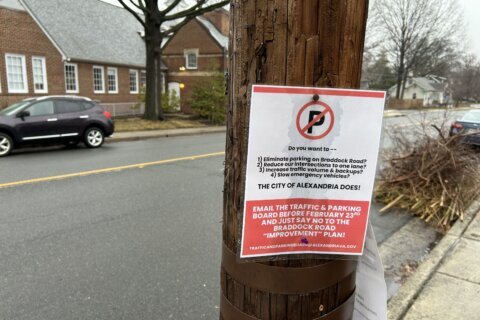Virginia lawmakers will return in a special General Assembly session on Wednesday, after their regular session came to an end earlier this week.
Though the Virginia General Assembly technically adjourned on Monday with Republican members wanting to limit work to 30 days, Gov. Ralph Northam ordered a special session saying more time was needed to advance the state’s budget and pandemic relief efforts.
“People across our Commonwealth are facing tremendous challenges and they expect their elected officials to deliver results,” Northam said.
House and Senate Republican leaders said that given a lengthy special session that took place last year — during which lawmakers approved a new state budget and passed a host of major new criminal justice reforms — 30 days should have been sufficient to complete this year’s work.
Senate Majority Leader Dick Saslaw disagreed: “There’s no way realistically we can put together this budget and thoroughly review bills in 30 days,” he said.
Lawmakers made little progress on the budget during the regular session. Virginia operates on two-year budgets; the one currently in place covers mid-2020 through mid-2022.
In his budget proposal, Northam called on lawmakers to approve hundreds of millions for the pandemic response including nearly $90 million to support the massive effort to deploy COVID-19 vaccines.
It would allocate more than $500 million to prevent funding cuts to local school divisions that have lost enrollment during the pandemic, spend $15.7 million on a rent and mortgage relief program and boost spending on an internet accessibility initiative.
In addition to budget matters, lawmakers in the House and Senate will need to use the special session to work out differences in bills they’ve already passed, including legislation that would legalize marijuana for recreational use.
In the House bill, all local governments would be forced to allow retail sales of pot while the Senate version would allow individual jurisdictions to opt out.
The House and Senate passed different bills related to how businesses that benefited from federal coronavirus relief should be taxed.
In the Senate legislation, $100,000 worth of expenses would be tax deductible at the state level. The version passed by the House would make only $25,000 worth of expenses tax deductible.
The Associated Press contributed to this report.








